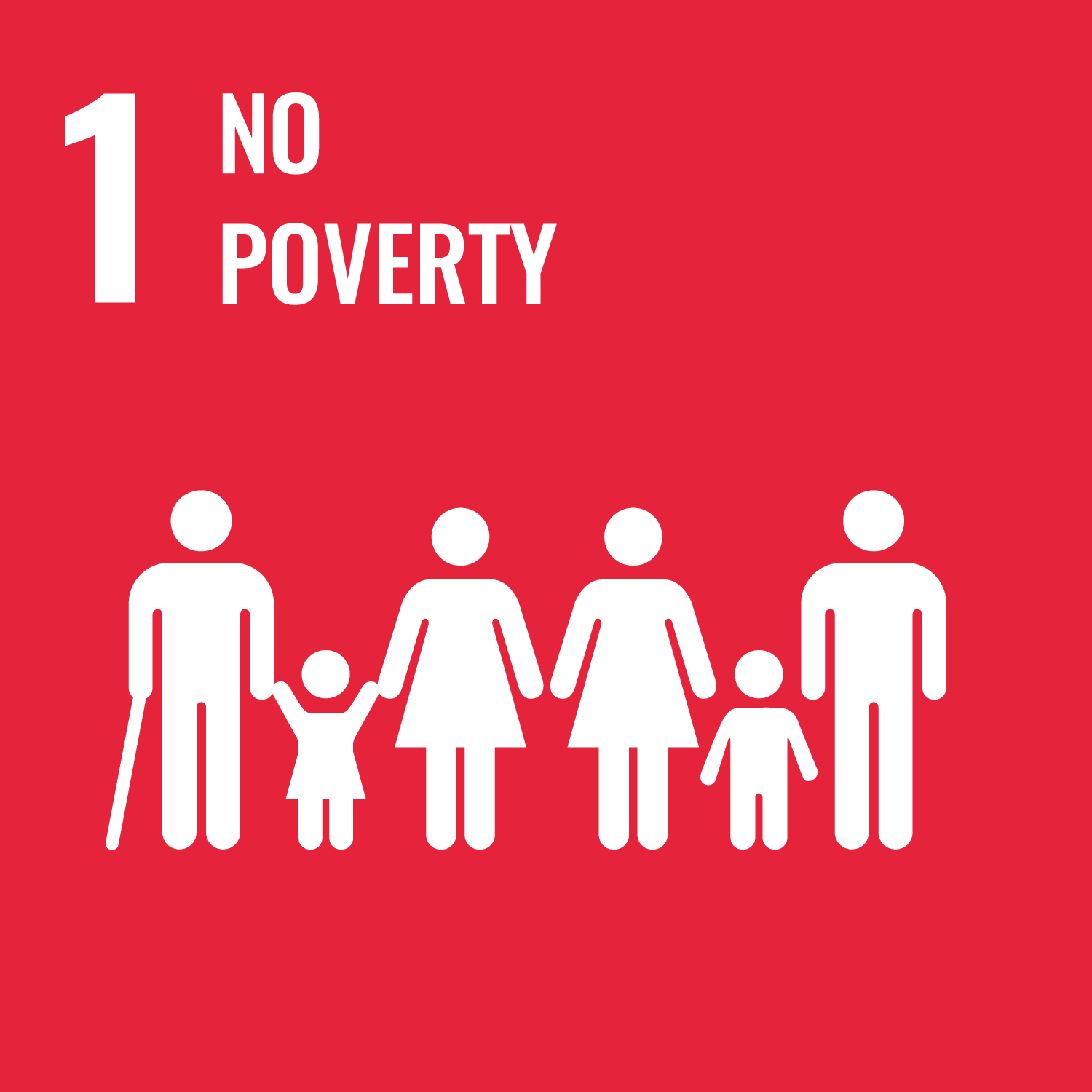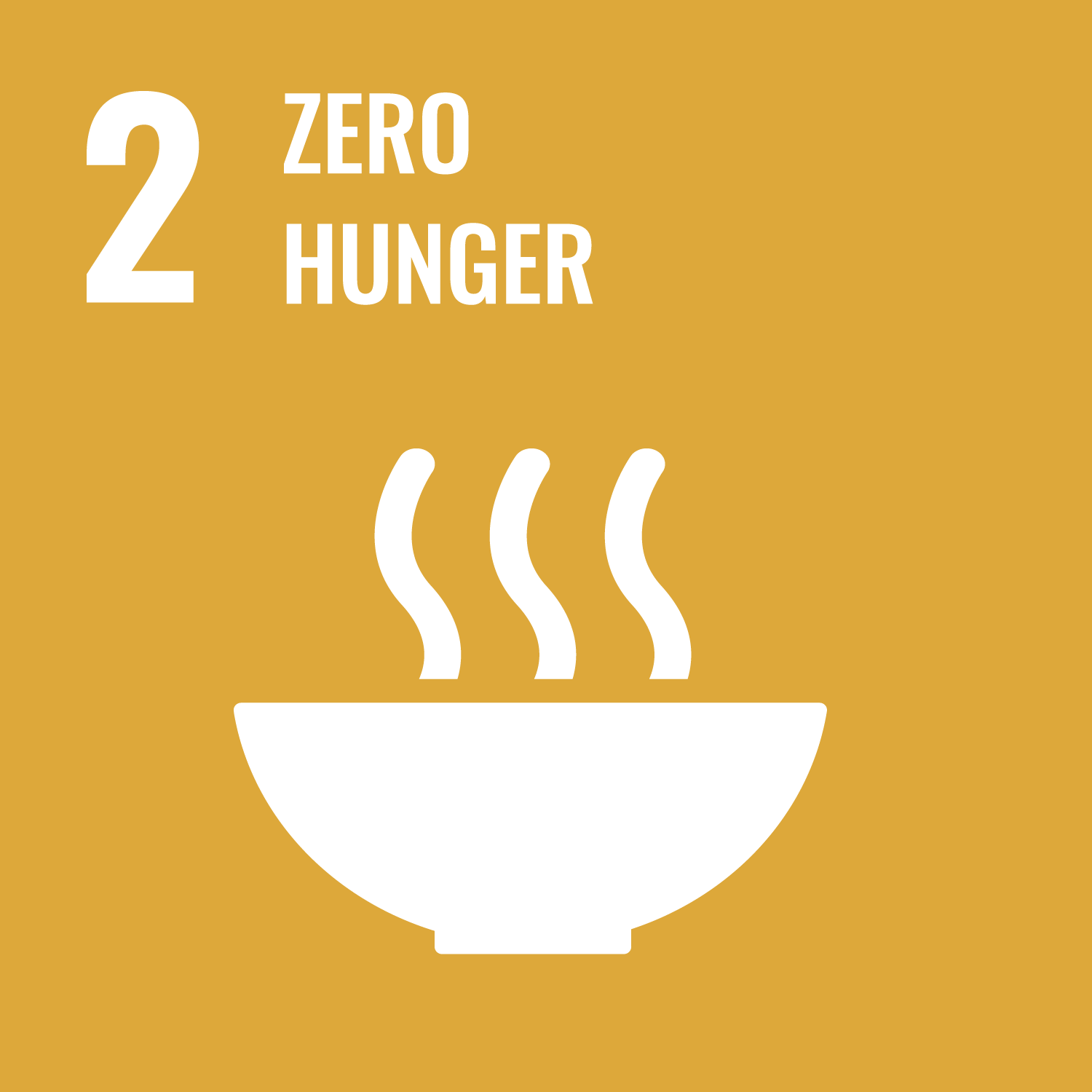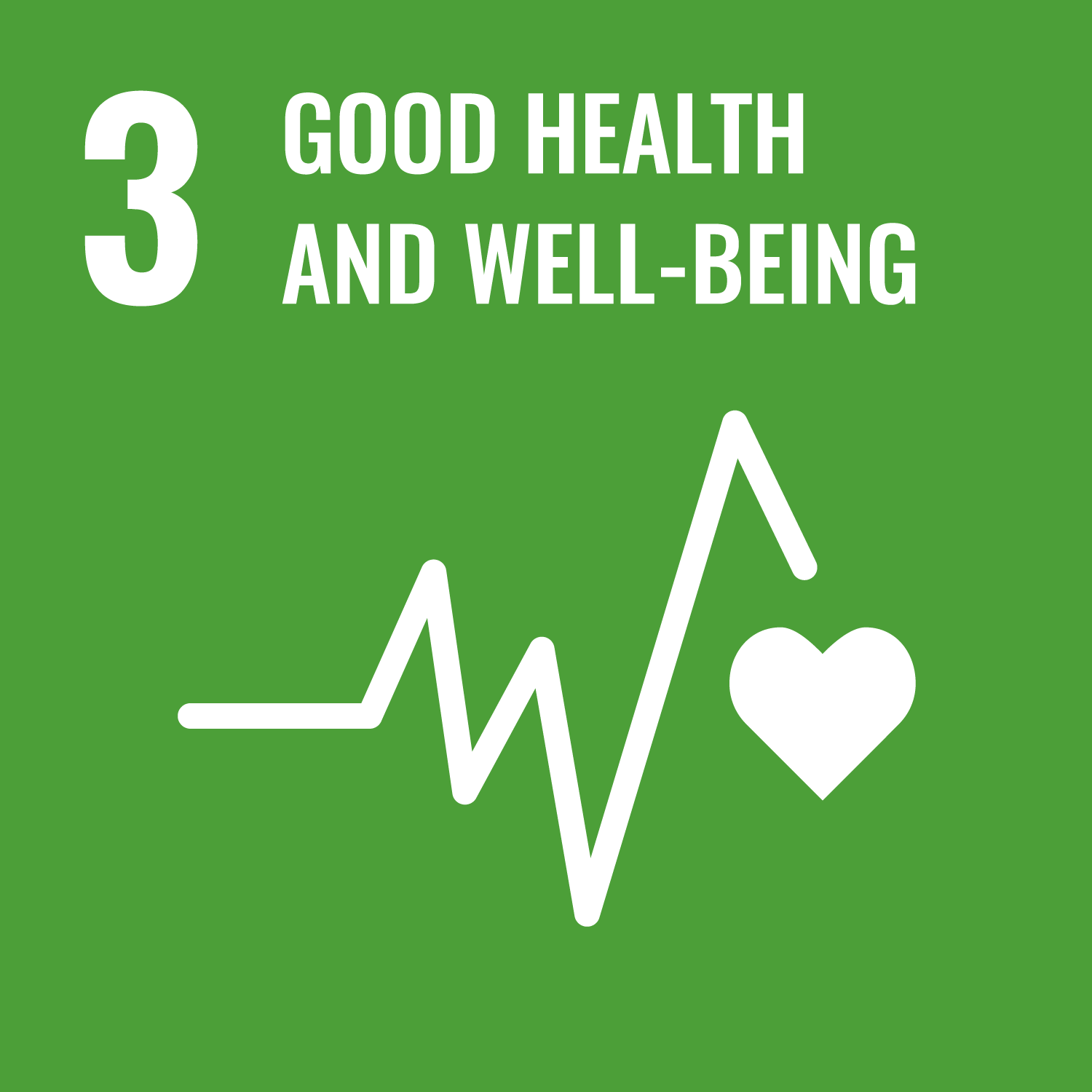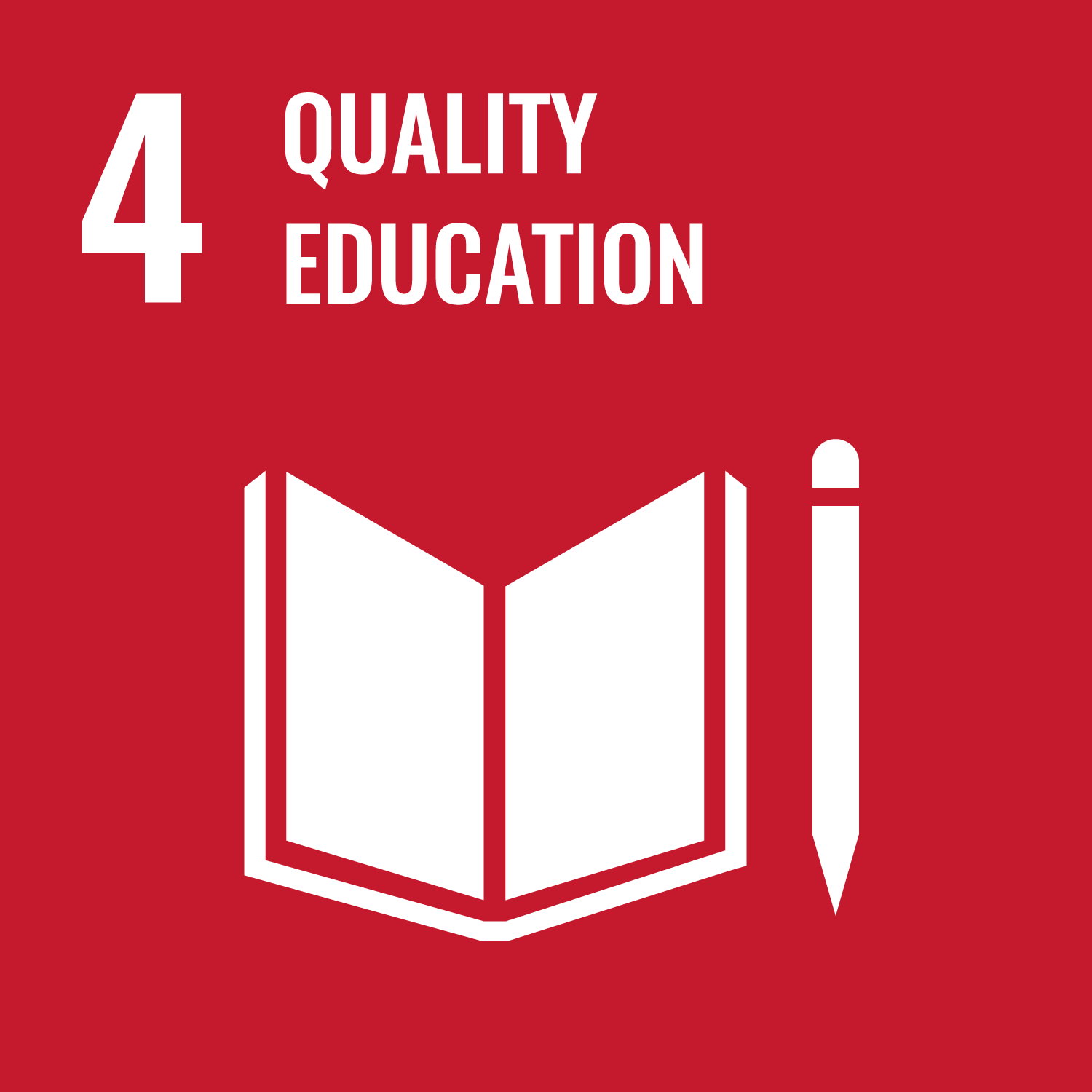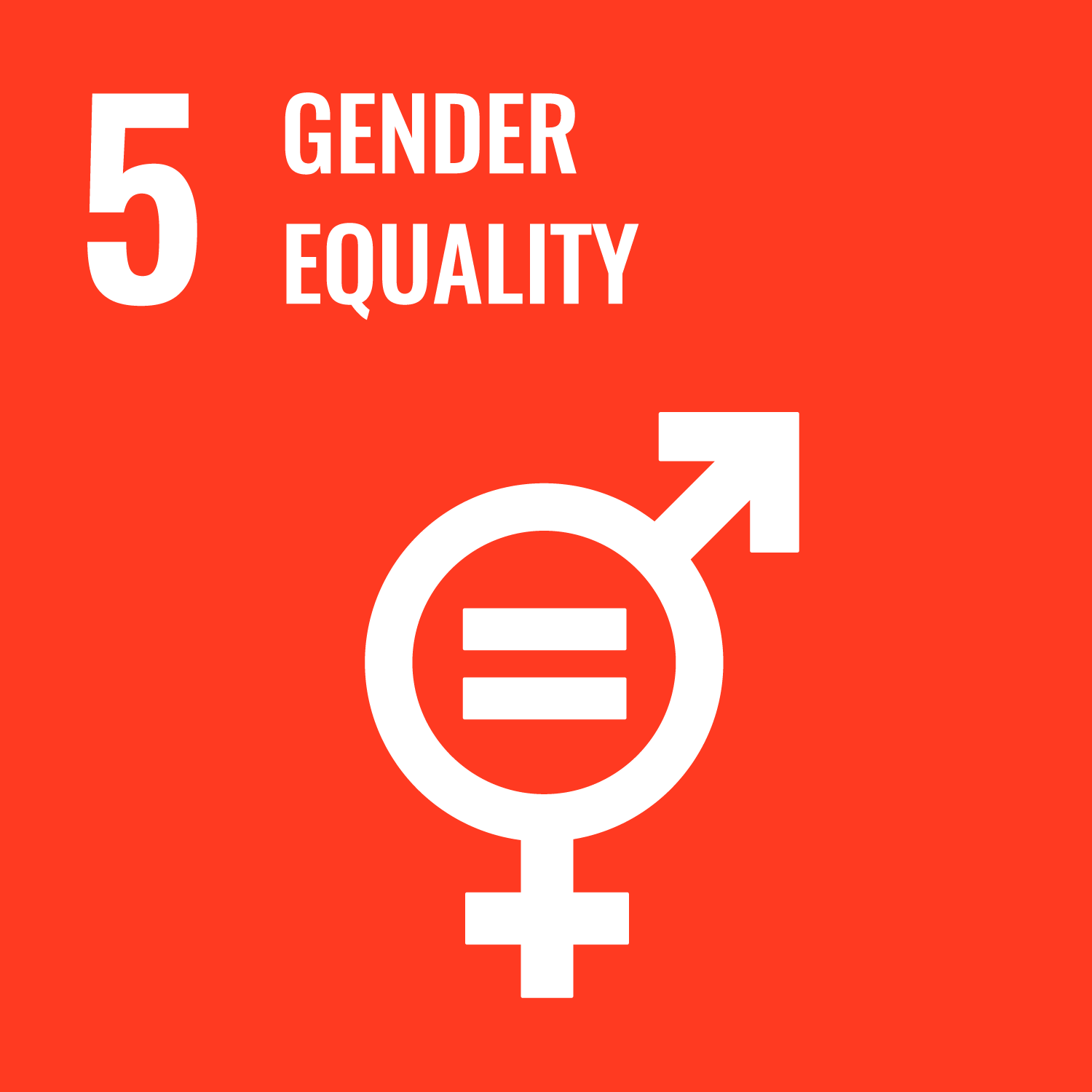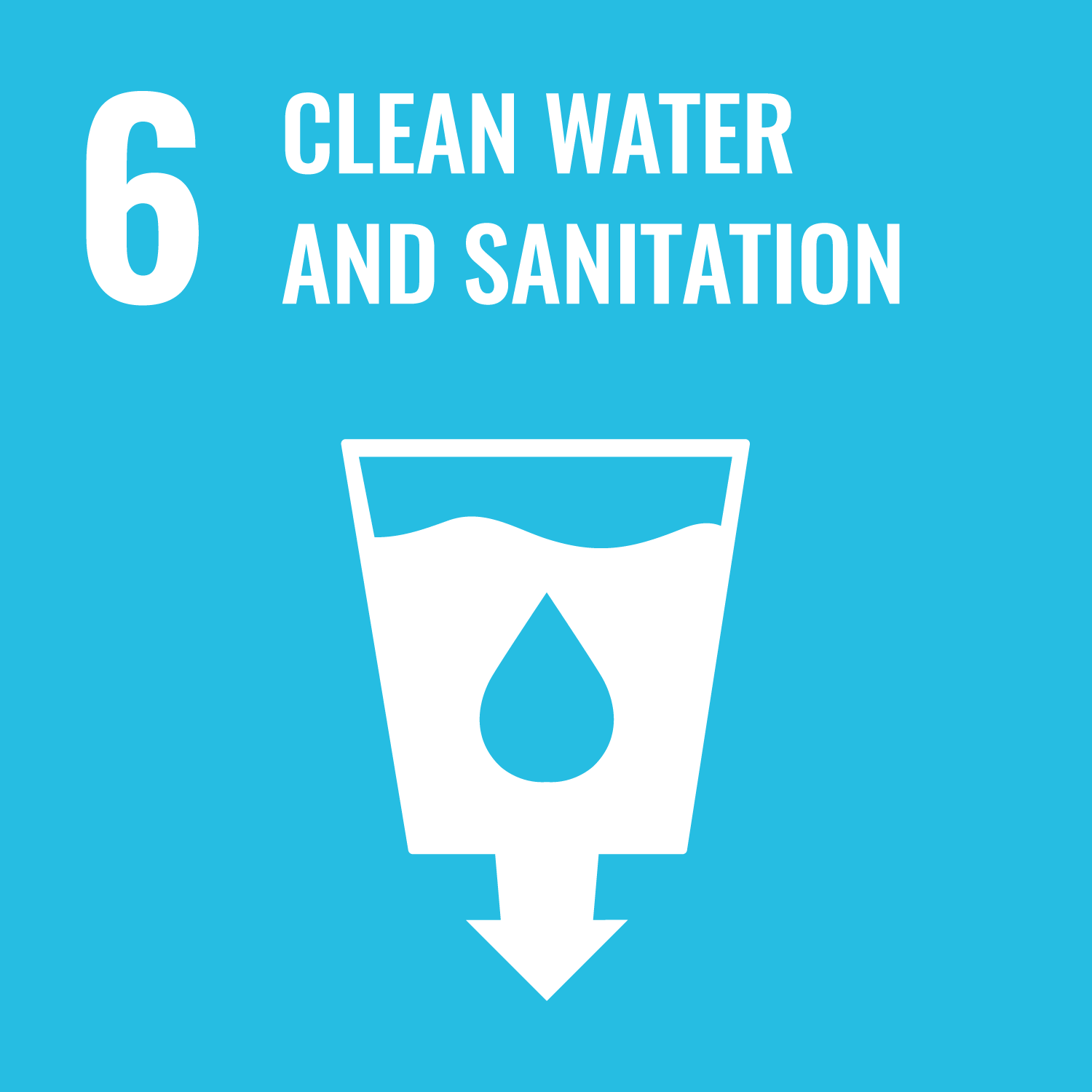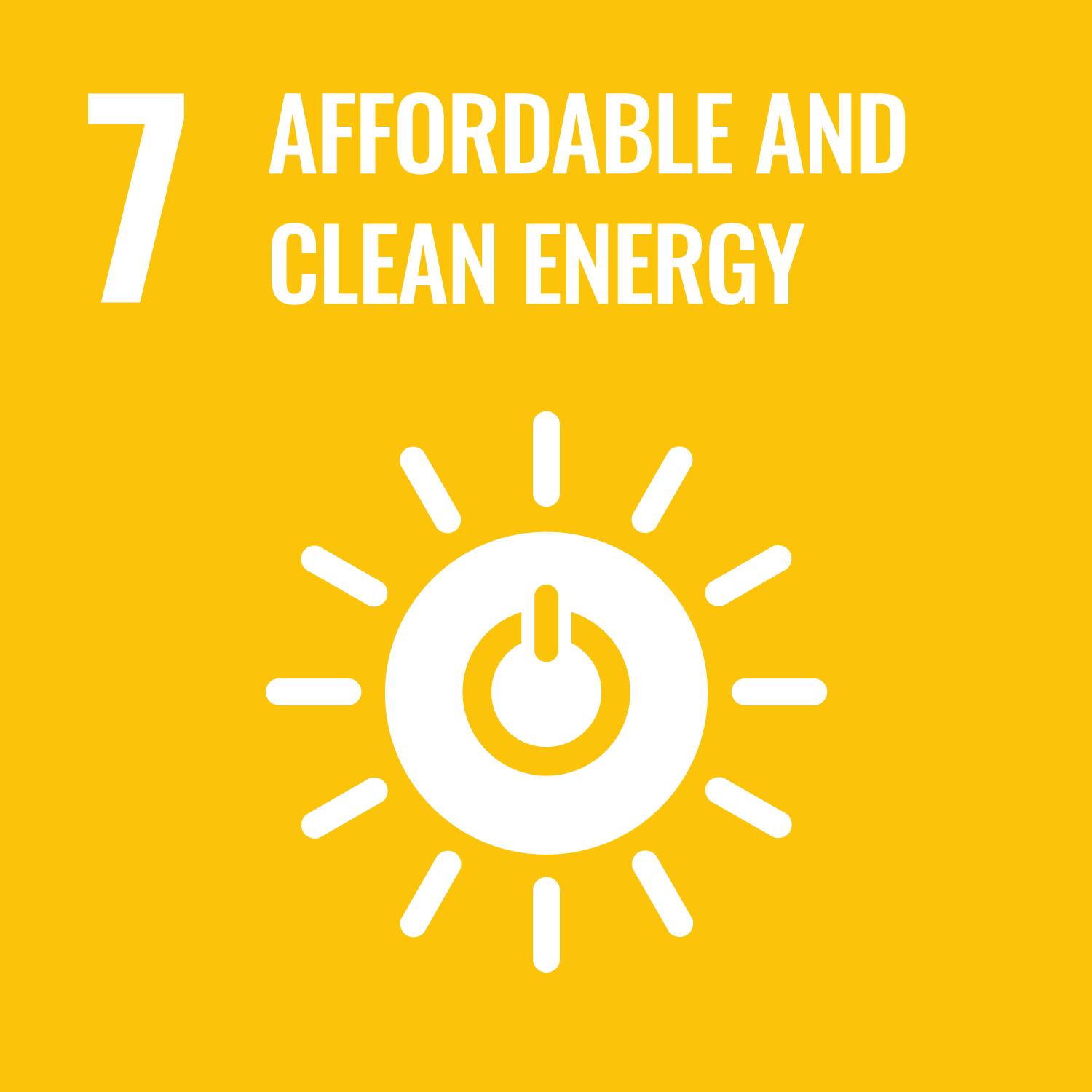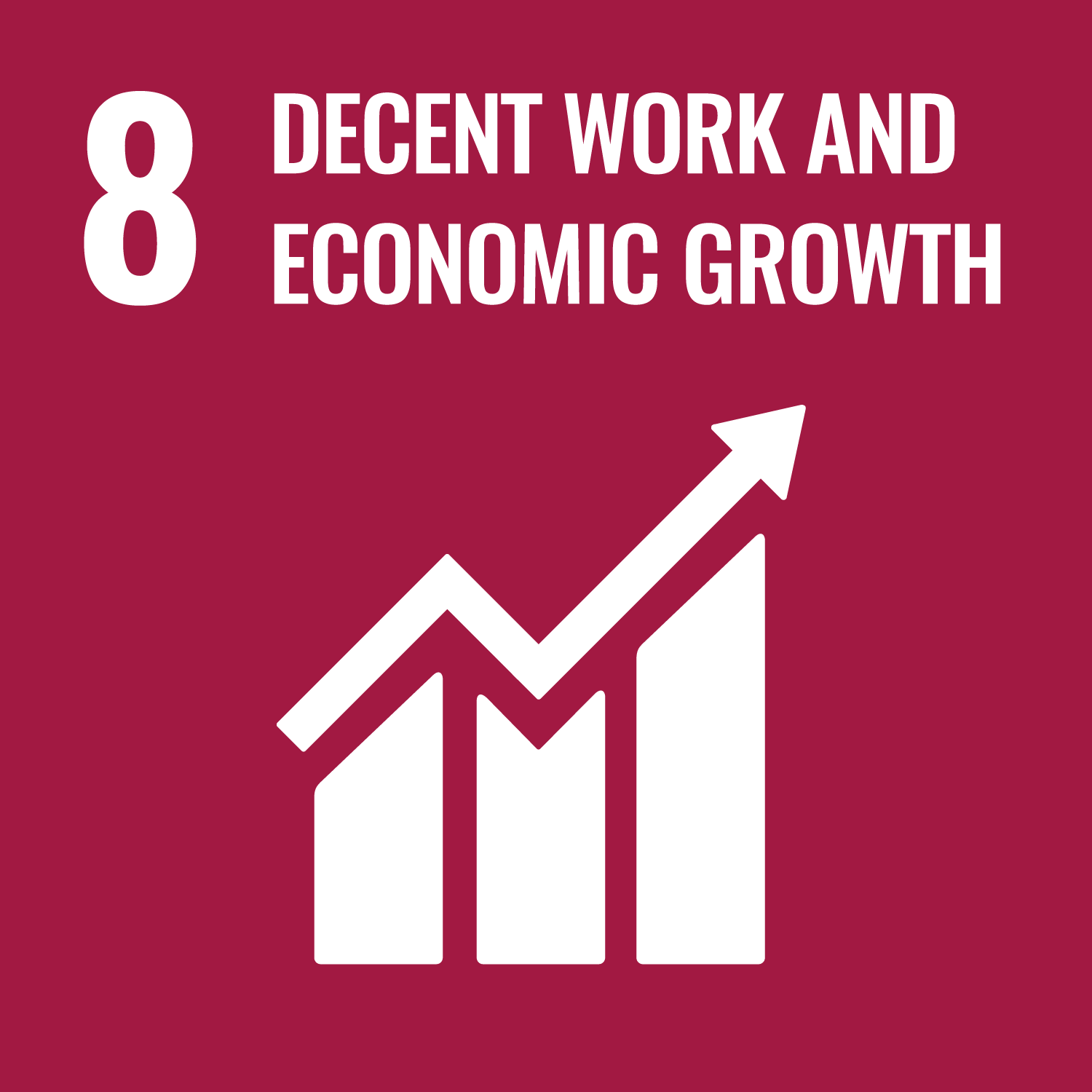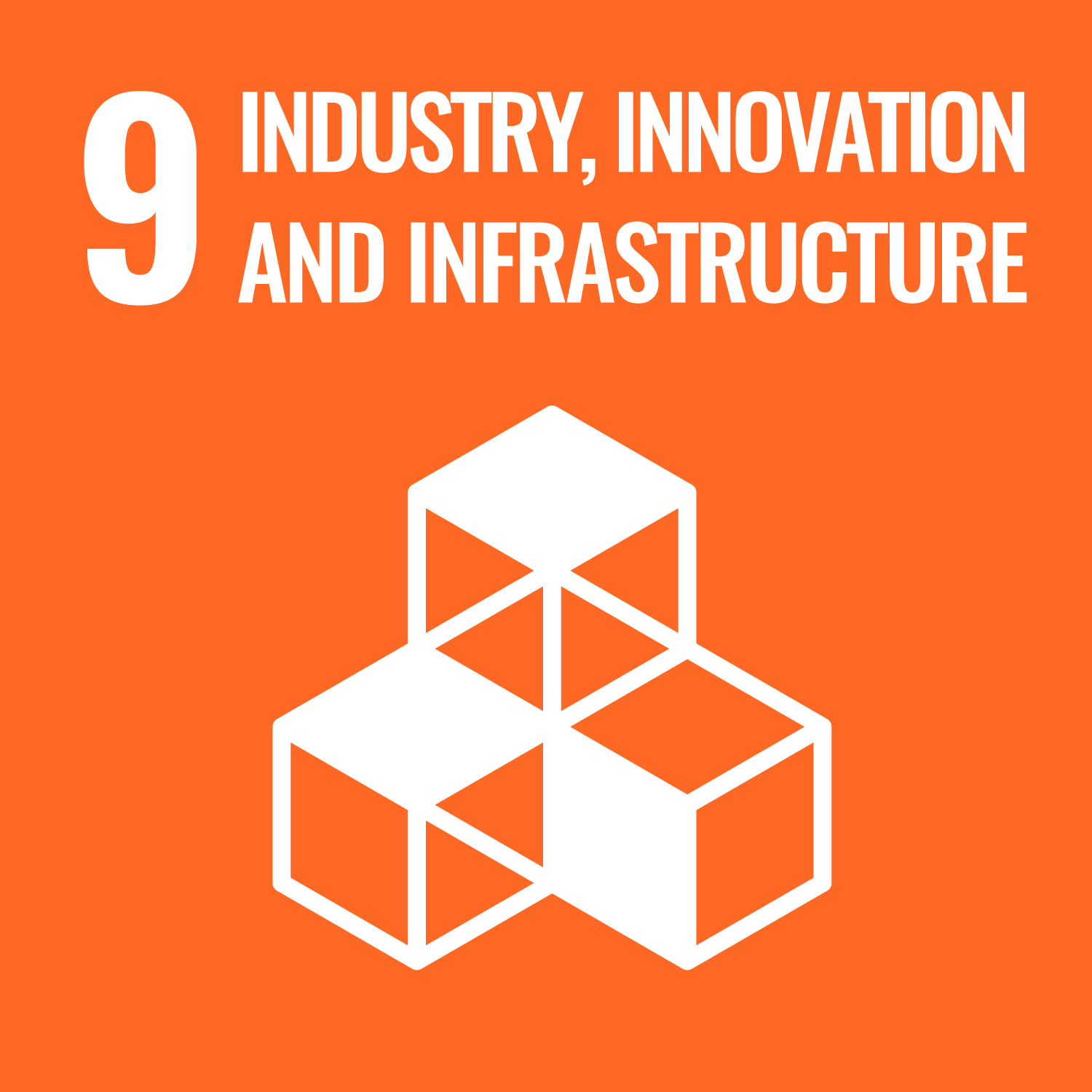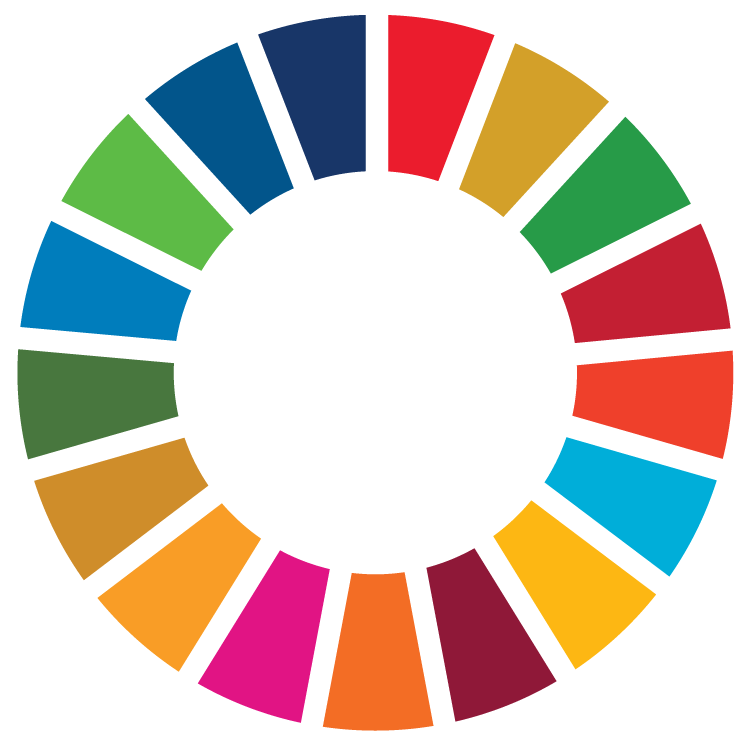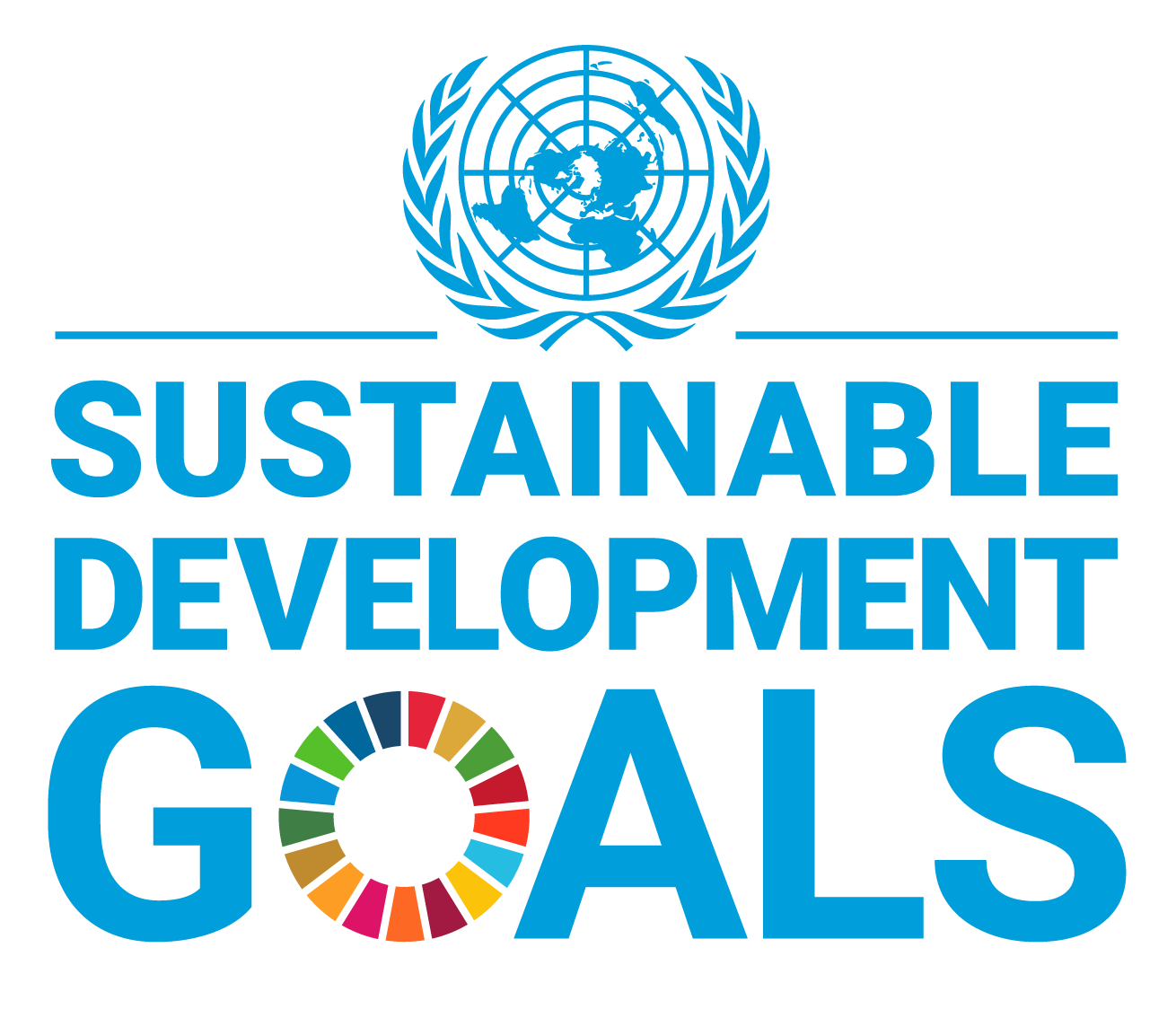- Beranda
- Tentang Kami
- Akademik
- Kemahasiswaan
- Riset
- Unit Layanan Fakultas
- LPPKM
- SDGs Initiatives


The Faculty of Public Health has a policy on ethical sourcing of food and supplies. It is stated in the Health, Safety, and Environment (HSE) Policy which is implemented by all civitas. The document explains about the functions of the Occupational Health and Industrial Hygiene Management as well as the Environmental Management in implementing ethical sourcing of food and supplies. In addition to that, the Faculty of Public Health also has a small committee to monitor the implementation of HSE Policy which consists of leaders, managers, lecturers, staff, security officers, as well as student organization representatives.
The Faculty of Public Health has several laboratories operating within the faculty area. Oftentimes, the laboratory produces hazardous waste from its activities that needs to be handled separately. To cater to the laboratory needs, the Faculty of Public Health has a policy on hazardous waste disposal. Hazardous waste from the laboratory will be collected in special containers and will be given labels and symbols to help identify the waste. After that, the hazardous waste will be stored separately from other waste and will be handed over to third parties for further treatment.
The Faculty of Public Health has a policy on waste disposal, specifically to measure the amount of waste sent to landfill and recycled. It is stated in the Work Instructions: Waste Management that everyday, cleaners will collect waste at 6 AM, 12 PM, and 2 PM from the trash can located inside and outside the lecture halls. The collected waste will be stored in a temporary landfill next to Post Building near Building G. To make it easier for cleaners to segregate the waste, trash cans are provided according to the type of waste.
The Rector of Universitas Indonesia has issued a policy No. S-2260/UN2.R/LOG.01/2018 regarding Restrictions on the Use of Plastic and Paper in 2018. To support the university’s policy, the Dean of the Faculty of Public Health also issued a policy No. SE 042/UN2.F10.D/HKP 04/2019 regarding Restrictions on the Use of Plastic in 2019. In addition to that, the Faculty of Public Health has done great efforts to minimize the use of plastic by doing the following things:
1. Limiting the use of boxes for work unit meeting activities and replacing it by using plates.
2. Providing glasses and gallons of water for drinking water in work meetings.
3. The faculty will no longer provide bottled water in plastic packaging for lecturers, staff, or visitors. In exchange, the faculty will provide ceramic tumblers for lecturers, staff, or visitors distributed through their respective departments.
4. Providing Air Siap Minum (ARSINUM) or Ready to Drink Water, so faculty members can fill their tumblers for free.
5. The Dean of the Faculty of Public Health to issue another policy No. SE-744-UN2.F10.D-HKP.04-2020 regarding Call for Limiting the Use of Plastic and Paper.
The Dean of the Faculty of Public Health issued a policy regarding the Application of Limitation of the Use of Plastic and Paper. Through the policy, the Dean of the Faculty of Public Health emphasizes the following things:
1. Strive to limit the use of plastic and reduce plastic waste in various activities in the Faculty of Public Health environment.
2. Strive to save on the use of paper and plastic in the Tri Dharma Perguruan Tinggi activities within the Faculty of Public Health.
3. Encouraging efforts to recycle waste and waste management which includes waste sorting, storage, collection and storage within the Faculty of Public Health.
4. Participate in waste sorting by disposing of waste in accordance with the existing waste containers in the Faculty of Public Health environment.
In addition to that, the Faculty has also started to use reusable kitchen utensils to serve food during work meetings and propose to purchase rechargeable batteries so it could be reused in the future.
The Faculty of Public Health keeps track of waste disposal everyday, specifically about the amount of waste sent to landfill and recycled. Through the Work Instructions: Waste Management, it is clearly stated that cleaners will collect waste at 6 AM, 12 PM, and 2 PM from the trash can located inside and outside the lecture halls everyday. The collected waste will be stored in a temporary landfill next to Post Building near Building G. To make it easier for cleaners to segregate the waste, trash cans are provided according to the type of waste. The collected waste is then sorted into three: to be recycled; made into compost; or to be transported to the Waste Processing Site by a Third Party.
Every year, the Faculty of Public Health will publish a Sustainability Report that can be accessed easily through the Official Website of the Faculty of Public Health. Inside the Sustainability Report, there are many explanations about activities that have been carried out by the faculty to maintain sustainability as well as results from the UI GreenMetric Ranking.

